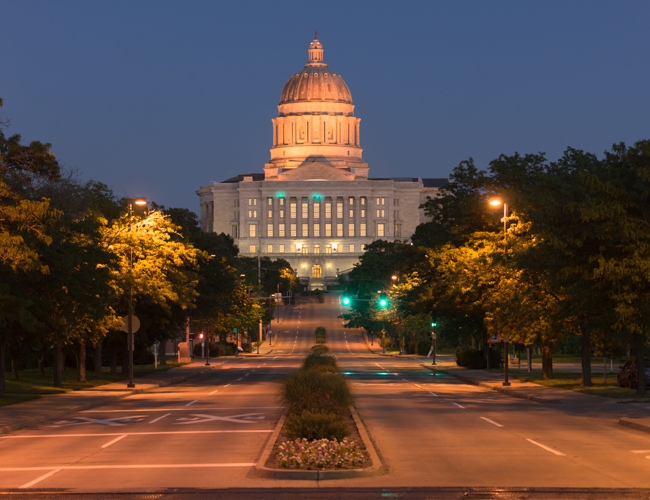You're allowed to stop making payments on student loans temporarily, and interest rates have been suspended until September 30, 2020. If you're in a position where you can quickly deal with the current circumstances, you should continue payments toward your TSP – every dollar that you use today to make payments will count towards the principal.
Most useful services have been suspended or shut-off, so you can stop making payments right now without seeing your electricity, gas, or water suspended or shut off. But you still need to pay the money for your utilities (including those you are accessing during the crisis) once the pandemic is over, which means you shouldn’t stop making payments if you can afford to pay.
The government has introduced some changes in its plans to help people impacted by Coronavirus. This includes people dealing with the direct effect (like the ones diagnosed with the virus or have any family member diagnosed with the virus, etc.) or facing financial crises (like those suspended from the job or have family members removed from the services or someone who had to stop working to take care of children, etc.).
If you are sailing in the above definition of the crisis, you can take a hardship withdrawal from your retirement plan without paying any early withdrawal penalty of 10% if you fall under the age of 59 ½. The money withdrawal will be taxable for federal employees over three years, and no federal income taxes will be applied if he or she can payback within three years.
A person can take a loan of up to $100,000 from their retirement plan instead of $50,000 (before the pandemic limit).
But do you think you should use the new Coronavirus Flexibilities? If you’re well enough off and can survive without using these flexibilities, we wouldn’t. If you use them, you will be at a higher risk of ending up using your retirement savings. But if you cannot afford to live without using these flexibilities, try to pay back money withdrawn or borrowed from other sources as soon as possible.
Federal employees have seen financial shocks since late 2018. Two blows that surprised employees are: First, the partial government shutdown, leaving employees without pay for 35 days in December 2018 and January 2019. But the good news is that they were paid for the closure after the crisis was over. This increased the number of hardship withdrawals from the TSP and shocked some federal employees who started emergency funds or shored up their emergency funds.
The second shock is the ongoing COVID-19 crisis. The majority of federal employees may not be directly financially impacted by this situation; many of their family members are facing severe crises in their pocketbook. If they had an emergency fund –they would have been in a better position now. If they didn’t have an emergency fund –they would take advantage of the flexibilities mentioned above.
One thing that all of us should do when the crisis is over to bring back our financial stability is to build up an emergency fund to prepare for the next unknown disaster.












